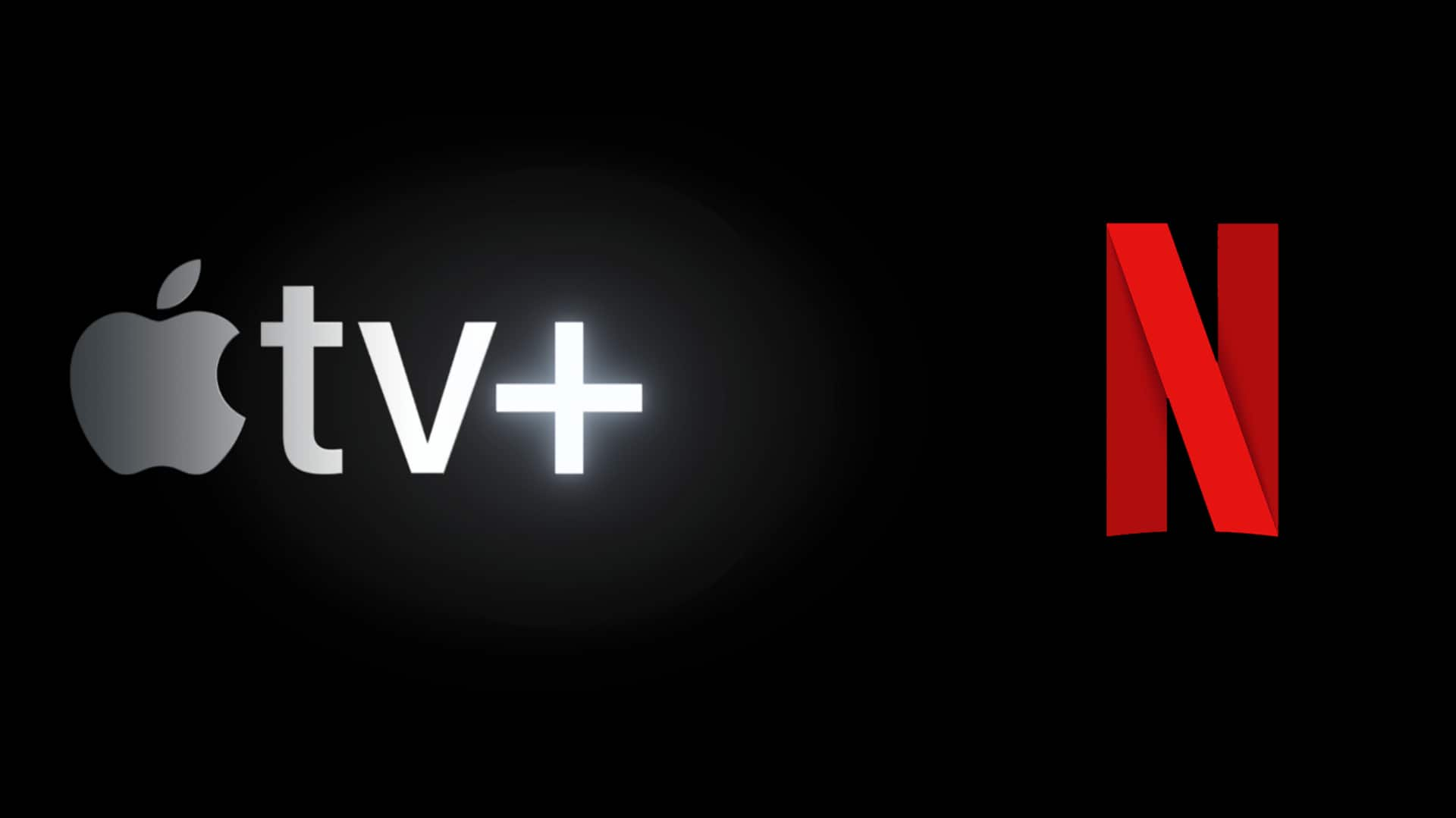
Apple, Netflix, Amazon might introduce 'performance-based' pay system for talents
What's the story
Apple Inc.'s Hollywood studio is planning a significant change in its payment model for talent. The tech giant, which has been compensating talent as if all their projects were successful, intends to shift toward a performance-based pay system. According to an internal memo sent to talent representatives, seen by Bloomberg, Apple proposes a new compensation regime where bonuses would be determined by a points system. We decode its key highlights.
Points system
Show's cost, hours people watched them to determine points
The proposed points system would reportedly take into account the number of people who signed up for Apple TV+ to watch a specific show or movie, the time they spent viewing it, and the cost of the program. Notably, individuals involved in one of the top three shows stand to earn up to $10.5M per season. However, this plan is not yet final. Also, the new model will only apply to shows that the company produces in-house.
Compensation changes
Amazon and Netflix to follow Apple's lead
Amazon and Netflix are also in the early stages of developing similar performance-based compensation plans, the report said. Amazon still needs to select the most accurate data point, such as the percentage of viewers who complete a show, while both companies must establish their payment mechanisms. These companies aim to test these new models in the coming months.
Mixed responses
Is this model good or bad? Experts argue
Producer Jason Blum and United Talent Agency chief Jeremy Zimmer have both argued that when talent receives $10M regardless of whether their show is good or bad, there is less incentive for them to excel. However, many top producers and talent representatives are skeptical of these changes, believing that these companies are merely trying to save money. "The good news is everyone is thinking about it and talking about it," Zimmer said.
Industry discontent
Current payment model and its drawbacks
The current payment model—popularized by Netflix—involves offering large sums of money upfront to bag projects. Initially well-received, writers got paid even when their shows were unpopular and producers and stars felt like they were making more money than ever before. However, in recent years, many have begun to feel that these deals aren't always in their best interest. This discontent partly led to two strikes last year as the average worker felt they were "doing more work for less money."
Cost concerns
Meanwhile, media companies question the current compensation system
As media companies seek to cut costs and increase profits, they too have begun to question the current system. They worry that when waste of resources doesn't affect a producer's take-home pay, there is little incentive to bring a show under budget. Under the proposed Apple model, a bonus would shrink if a show goes over budget. This new approach aims to encourage more cost-effective production practices.